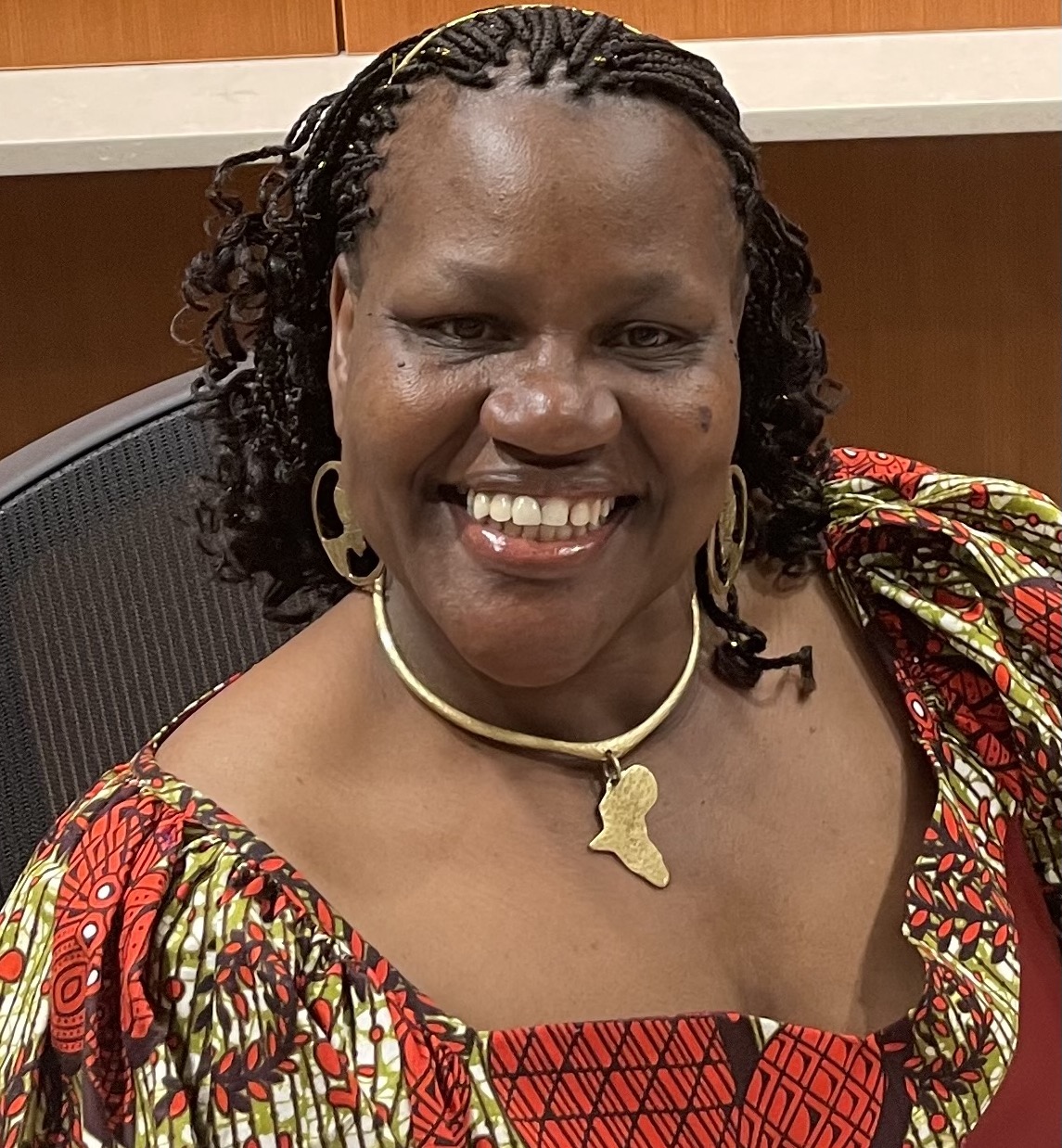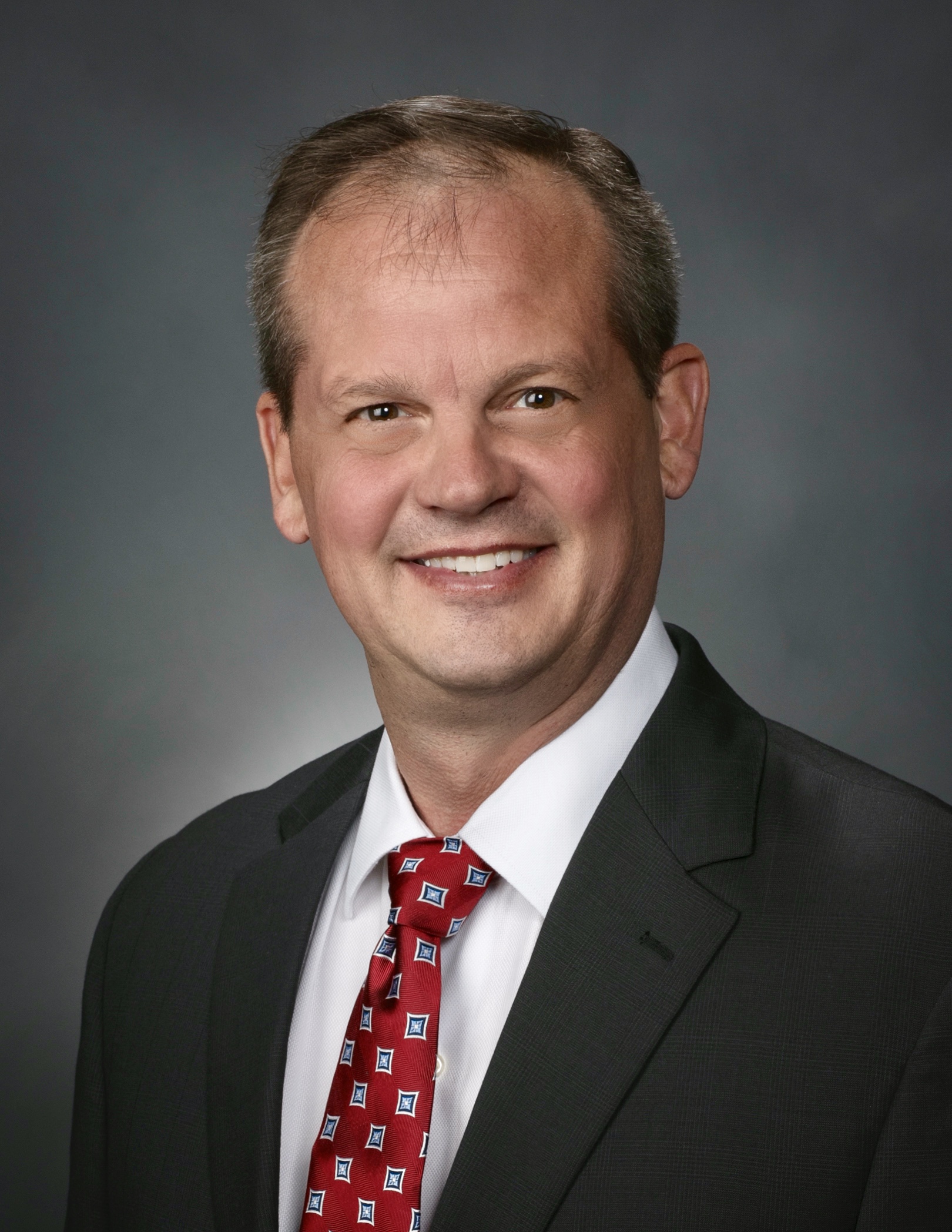Leonora Anyango, Ph.D. ALM ’23 is the 2023 recipient of the Michael Shinagel Award for Service to Others. She is a community activist and scholar who specializes in education and social justice as it pertains to linguistic, education, and cultural equity. Anyango has spent decades working with refugees as a teacher, interpreter/translator, and advocate. She is the Founder and President of NuruGrace, an initiative in Kenya that cares for needy blind youth and pays for their high school and college tuition. Anyango enjoys teaching languages and mentoring her students while guiding and nurturing them to be the next generation of public servants and volunteers.
We spoke to Leonora about what receiving this award means to her, how her Harvard Extension School experience has impacted her path, what inspires her to do this extremely important work, and MORE!
Q: Congratulations on winning the 2023 Michael Shinagel Award for Service to Others! What does it mean to you to achieve this honor?
A: This is a very humbling award. When doing it, you focus on the recipients wholeheartedly. You want them to feel empowered and to gain from what you are doing. Being that I am now the focus of this award, I really feel honored, and I accept this award with humility. Especially, I am receiving it for those that I serve, who find hope from the services that I give. To say why I deserve this award humbles me, for true service is free and a gift to and from the heart. It is giving back to oneself as much as to others. But one thing I know is that I serve with diligence. We all have an empty space in our heart that needs to be filled by service to humanity. It is the way to gratitude. It is the way to fullness of life. It is an abundance of spirit and soul. That place in my heart dictates that I do heart’s work, to serve others. I am grateful to be the recipient of this honor!!
Q: How did your time at Harvard Extension School impact your achievements?
A: My time at Harvard Extension School is now intricately a part of my life. One of my professors, Dr. Elisabeth McKetta encouraged and supported me in my work outside of Harvard. She was always empathetic when I had to work extra hard to balance between her classes and my community work. My classmates and friends have always pledged to support me, and any time I had a project, they would encourage me to go for it. Please note that Harvard Extension School Awarded me the Derek Bok Public Service Award during my graduation. The generous gift from the award was used entirely in support of Blind Youth in Kenya, and an Elementary School for the Blind in Uganda that had burned down. My humblest gratitude goes to my classmate Jozzie Velesig, a HES alumnus of 2023, who not only supported my past efforts but also nominated me for this prestigious award. I owe so much to her! I must say that my time at HES has solidified and renewed my commitment, and also expanded my horizons to envision what is possible. HES alumni are going places, and I am taking steps in tandem alongside this powerful group of individuals stationed all over the world, changing lives, livelihoods, and living conditions all over the world! Go HEAA!
Q: Why is the work you do so powerful?
The work I do is so powerful in every way imaginable. My services go to people who need them the most. Sometimes I am in awe at the impact of my work. As a polyglot, I have primarily used my knowledge of languages and how languages work to enrich the lives of refugees who do not speak English. Relocating to the USA almost two and a half decades ago, I never knew that my knowledge of African languages and Japanese would place me in a position to touch so many people’s lives in America. I have taught English as an International language to new refugee children. I have worked with parents in the community to connect them to services and liaise with their children’s schools. Most significantly, I have offered interpretation services in one church for over sixteen years. My presence at the church often means that refugees, mostly from Eastern Africa, with no knowledge of English, will get to listen to the message. My interpretation services extend to courts and hospitals. The most important part of this is that I am mentoring the next generation of community experts, volunteers, and advocates. From my own children to my students, I teach them that the community is a powerful classroom, and that service is heart’s work. As I do my work, I take my students along with me. My service-learning class at the University of Pittsburgh’s English Department connects students to the community. and other students in my classes get to know their community better by focusing their research on various topics in these communities.
My work with blind youth in Kenya is special and close to my heart. As we know, societies everywhere still struggle with their full acceptance and integration of individuals living with disabilities. For blind individuals, their needs are unique. Moving from point A to B, accessing reading material, editing their typed work, assessing the limits of subjects they can learn in school, and guiding them to access careers and opportunities where they will thrive, are all matters of great concern and need. Giving blind youth an education is the greatest service of all to secure a stable future for them. Beyond high school, they need careers that will sustain them in the future. In my work, I am consistently working to break stereotypes about visually handicapped and blind individuals, especially concerning what they are capable of.
The power of this work is in the changes it makes to their lives, both here in the USA and in Kenya, my home country.
Q: What broader impact do you envision making within your field?
A: My greatest impact, I always say, is in making sure this work continues. When I see my students start organizations that serve refugees, or when they work in the refugee camps in Kenya and other countries, or when my children continue to serve people in the communities they live or work in, then I know the work is impactful. Mentoring is something I would like to continue so that what I do now will continue to posterity. I also envision broadening this work as I continue to teach English and Kiswahili to people of different nationalities. I have plans to support more blind children and youth. My organization still concentrates on youth in secondary school, but recently I began supporting them to join higher institutions of learning. As the initiative expands, I look forward to a time when we can also support younger children since most of them attend boarding schools. I also look forward to a time when we can work together with the schools and the Ministry of Education to review and revise the curricula that serve blind and visually handicapped youth to encourage better performance and results in their national examinations. My grand plan is to expand to other countries in Eastern Africa, and eventually in Africa.
Q: What inspires you to continue to pave this path forward?
A: Giving back. That is what inspires me the most. Looking back at my own life, I see all the people who made it possible for me to be where I am now. In our household, we hardly had enough to go around. Still, my mother always had an extra child at our home, who she insisted had it rougher than us. She worked hard to see me through school. As it became harder and harder, I had to speak up at times to get help. At one point, I had to speak to a high school principal to let me continue with school and I would pay the tuition once I got a job. He agreed, and that made the entire difference in my life. In honor of that gesture, and my mother’s belief that there is always something small for another person, I am fully inspired to continue giving back. In honor of my mentors along the way that always saw potential and propelled me forward, even to this point being a part of HES alums, I am inspired to go on with this work. I tell my students all the time that having a job to earn a living is life’s work, to make a living; giving time, energy, and service, especially to the most vulnerable of society, those whose hearts yearn to be and to be seen, that is heart’s work. It is the art …
Q: What brings you joy?
A: What brings me joy is when my daughter calls me to say that she walked to the front of the line to interpret for a lady who could not communicate with the teller, or when she calls me for directions on how to assist a homeless person with a child outside in the cold. What brings me joy is a refugee whose eyes light up because I can speak their language and I can help them explain themselves and bridge the gap between their known and unknown worlds. What brings me joy is spending time editing typed application letters and assignments for blind students. What brings me joy is it is not how much I serve others, but my contribution in making sure that I strongly and carefully mentor the youth who will be the next generation of public servants, volunteers, and community scholars. I am proud of the fact that looking back, I will see my footprints in that generation that will serve with heart and art, conviction, and commitment. As I achieve that, I am confident that my work will continue through posterity, and that through me, public service and volunteer work will always be seen as second nature, a positive thing to always do. I could only summarize what brings me joy through this poem, an inspiration stemming from this question:
What brings me joy
What brings me joy is when I know that
Today will be a better yesterday tomorrow
Because I walked this path with you
Holding your hand
Listening to you
Speaking your language
What brings me joy is when I hear you say that
“You are my eyes. And I am grateful you are here
To see the errors on my pages
To make me look good
In the world of the sighted.”
What brings me joy is to know that
You are excited when I hold your hand
And show you how to dance with pride
And without fear of stepping wrongly
Because the stage is in your soul
And you do not have to see it.
What brings me joy is to know that
I brought you up to see for yourself
When another is hurting
And you offer your hand, your time, your knowledge,
To be there for them.
What brings me joy is when I know that
I will tell our stories
For others to hear
To join our journey of telling
What brings us joy.
This interview was conducted by Chrissy Natoli, Coordinator of Alumni Communications and Events.

